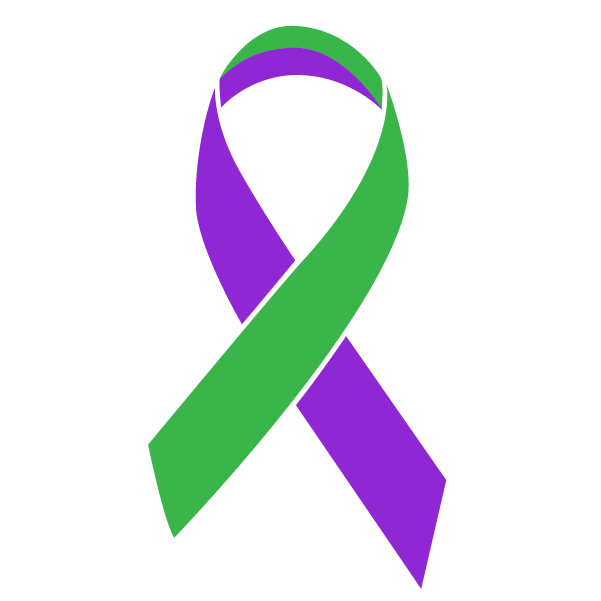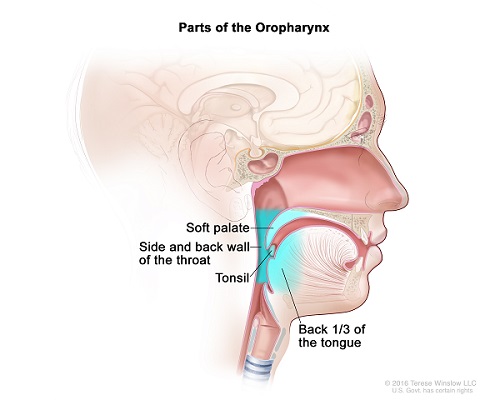
Now Enrolling: EA2182 / DECREASE for Early-Stage Anal Squamous Cell Carcinoma
January 13, 2020
Trial Spotlight: Nabil Saba on Study EA3161 for HPV Positive Head and Neck Cancer
February 28, 2020From the Co-Chairs, December 2019/January 2020


By Peter J. O’Dwyer, MD (left), and Mitchell D. Schnall, MD, PhD
With this issue, we salute the end of a busy year. We can reflect on some remarkable progress, the most striking being the ramp-up of the Tomosynthesis Mammographic Imaging Screening Trial (TMIST/EA1151) to a level of recruitment unprecedented in oncology trials. In 2019, the number of patients enrolled increased 400 percent, and the study, now open globally, is approaching its target accrual rate. The NCORP grant, under which TMIST is funded, was also renewed in 2019. Within the subject areas involved in this research, we are making substantial progress in screening, symptom control, and cancer care delivery research.
With the renewed funding, and the endorsement of the research plans we put forward, we are adding resources to help develop these efforts beyond even the goals we outlined. The broad experience of Al B. Benson, MD, recently appointed Deputy Chair, Policy and Implementation, will connect our research to national standards of cancer care and implementation. Linking advances in our disease committees to those in cancer care delivery represents our commitment to accelerating progress, and evaluating its impact on global standards. A salient example of this progress is the chronic lymphocytic leukemia (CLL) trial E1912, led by Tait Shanafelt, MD of Stanford University. The results, first presented as a late-breaking abstract at the 2018 American Society of Hematology (ASH) Annual Meeting and published in the New England Journal of Medicine in August 2019, revealed that the combination of ibrutinib plus rituximab was superior to standard treatment for patients age 70 and younger with previously untreated CLL. These practice-changing findings immediately established a new standard of care for the initial treatment of CLL in patients age 70 and younger. Follow-up data presented at the 2019 ASH Annual Meeting in December showed that the combination treatment continued to provide superior progression-free survival and overall survival compared to standard chemoimmunotherapy for this patient population.
Another high point of the year was the initiation, also across ECOG-ACRIN domains, of a new working group to address Social Determinants of Health, led by Otis W. Brawley, MD. We expect that the work of this group, with goals magnificently outlined by Dr. Brawley at the General Session of our Fall Group Meeting, will explore new fields, expanding upon and complementing our current efforts.
Finally, the Inaugural Robert L Comis, MD Translational Science Symposium, which also occurred at the Fall Group Meeting, has resulted in great interest among our therapeutic committees for future analysis of clinical and correlative data. Collaborations on genomic and radiomic studies are in progress, and multiple opportunities exist for analysis of existing clinical data from ECOG-ACRIN trials. An irony of considering Big Data and Al in the context of cooperative group trials is that we have in recent years sought to minimize the data we collect, to maximize efficiency. To change this practice, while not overburdening our standard case report forms, will require new approaches. Under the guidance of our biostatistical group, and with the participation of patient advocates, we will develop pilots to guide our future development. In addition, we are in the process of developing working groups across the domains that may be relevant to Big Data investigations: clinical data, genomics, radiomics, pathomics, and PROs, and will seed individual projects in those spaces. We will welcome the participation especially of early-career investigators in these groups. Please be in touch with either of us to get involved.
Read the December 2019/January 2020 issue here.![ECOG-ACRIN logo[19516]275×75](https://blog-ecog-acrin.org/wp-content/uploads/2021/03/ECOG-ACRIN-logo19516275x75.png)
